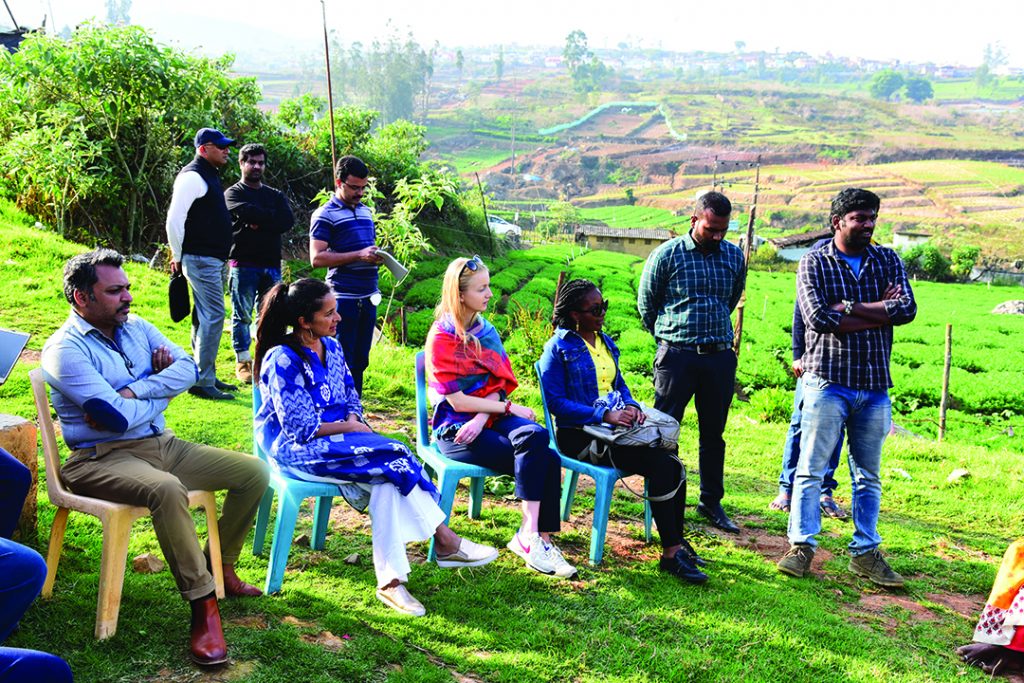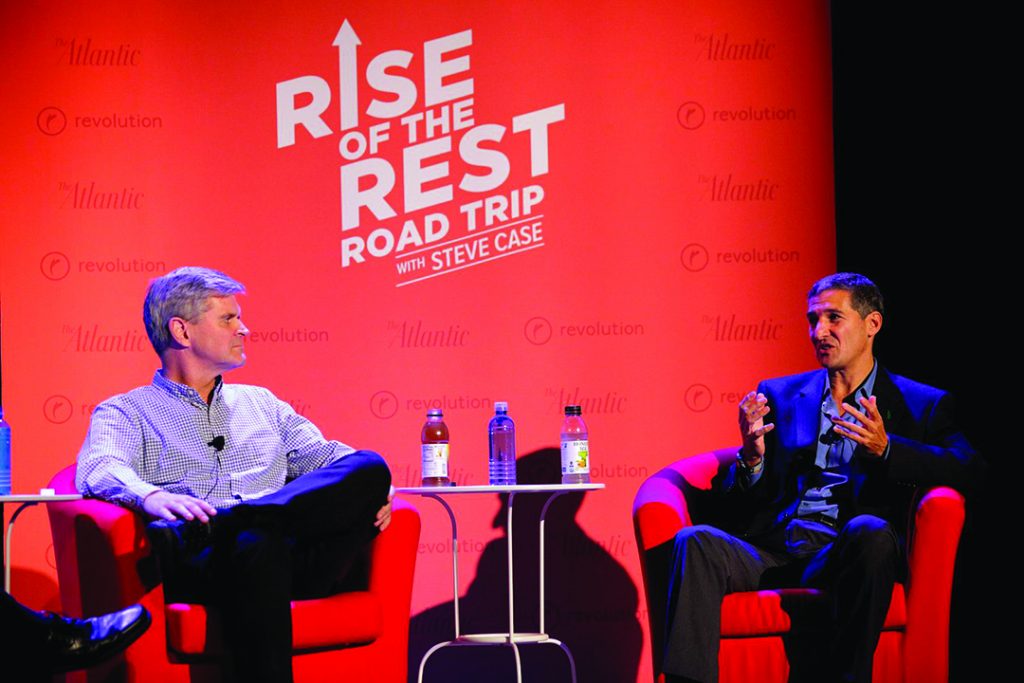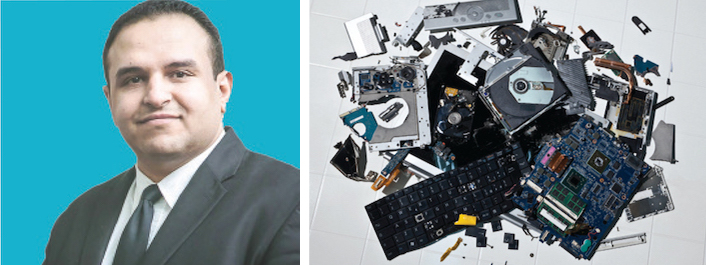Empowering Remote Communities

A Mastercard leader founds a social impact business that drives change through technology.
Nearly half of the world’s population lives on less than $5.50 a day, struggling to access basic needs like food, water, education, and health care services, according to the World Bank — and Tara Nathan is not OK with that.
As Mastercard’s executive vice president of digital solutions for the humanitarian and development sector, Nathan is using her expertise to help uplift marginalized communities through technology. Nathan created a social impact business within Mastercard called Community Pass in 2019. It digitally enables the delivery of critical services at scale — including agriculture, health, commerce, identity, and humanitarian aid — to low-income, remote communities. It’s a classic example of business as a force for good.
“As a digital transaction company, we can’t be successful if we’re only relevant to 50% of the population,” Nathan says.
“Someone came to me with a problem that mattered, and I knew how to solve it. “
“I have a background in mobile money and leveraging technology to solve critical issues at scale, and this seemed like a perfect opportunity to combine my experiences and create a fit-for-purpose digital solution to serve marginalized communities.” Community Pass has grown quickly, surpassing 3.5 million users on its shared platform in 2023, more than triple the number of users it had in 2022. Mastercard made a public commitment to reach 30 million users by 2027.
“We are laser focused on driving value and profitability for everyone in the service delivery ecosystem, from financial institutions to ag-techs to end users, and that’s how we’ve gained traction,” Nathan shares.
Nathan has been with Mastercard for 14 years. She started as CEO of Mobile Payment Solutions in the company’s joint venture with Smart Hub, leading the innovation and commercial development of the Mastercard Mobile Payments Gateway, an open mobile payment processing platform especially helpful to consumers in emerging economies. After that, she served as executive director of public private partnerships.
Looking back, Nathan feels that her past career experiences in the public and private sectors prepared her for her current role. She spent seven years as a diplomat in the U.S. Foreign Service and founded a nongovernmental organization for at-risk youth in Los Angeles before heading to Citigroup. There she worked in the company’s cross-sell business and held various management roles across its retail banking business, including commercial banking, risk, and operations.
“In the most recent third of my career, I’ve brought all of my previous experiences together and turned my focus to leveraging the strengths of the private sector to create scalable, sustainable change in the world,” she says.
Currently, she leads the company’s strategy to develop and scale new digital and commercial solutions for people living in fragile political and economic contexts. By working in collaboration with governments, nongovernmental organizations, and other private sector companies, Nathan’s team drives commercially sustainable social impact and inclusive economic growth across the globe.
With Community Pass, service providers access features that enable digital transactions: a functional identity, a shared wallet, a digital acceptance device, and a secure and protected data platform. By shifting from manual to digital transactions, those service providers can use Community Pass as a platform to increase access to essential services and reduce the cost of delivering them — an approach that is especially needed in rural settings.
Over 60% of developing economies have no internet connectivity, and even those considered “online” have only intermittent connectivity that is slow or unaffordable, which can limit access to financial services. Community Pass works in both offline and online environments and creates access to a multitude of payment and non-payment applications without requiring a smartphone or connectivity.
“In addition, over a billion people around the world lack access to any form of identity,”
Nathansays. “They’re invisible to banks and service providers, so even if the services are available, there is no way for a provider to know that there is an individual in need. By helping service providers ‘know’ their customers, Community Pass’s digital ID ecosystem brings visibility to underserved consumers and allows institutions to serve them with ease and at low cost.”
Community Pass has proven effective in the agricultural sector as well. For instance, smallholder farmers leverage Community Pass to connect more directly to markets and command higher prices. They can build digital records of their transactions, enabling financial institutions to lend to them. Then they can buy better seeds and fertilizer, which can improve their yields. Plus, by connecting farmers directly with buyers, Community Pass empowers them to negotiate the best price for their produce, becoming price makers rather than price takers.
“Community Pass gives us so much information,” says Chinnaswamy, a smallholder farmer from a village in Kanada, India. “Now, we can do all our farming on time. So much has improved.”
Community Pass is one piece of the bigger picture. “With something as simple as a digital identity for a smallholder farmer in a rural village, you start to create a virtuous cycle of economic empowerment,” Nathan says. “Our focus is on the long term. It’s the right thing to do for the communities we serve, and it’s the right thing to do for our business.”





Responses